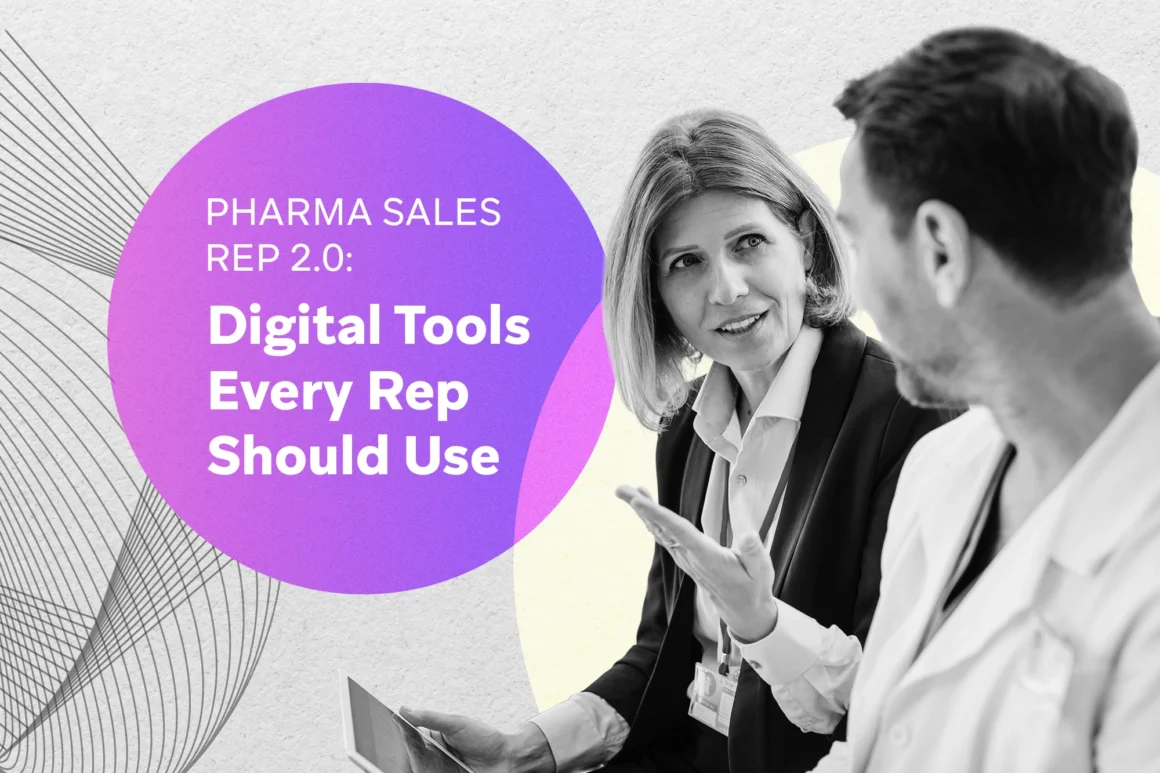A pharma sales representative is pivotal in healthcare, linking pharmaceutical companies with doctors. They provide critical information about new drugs and treatments, ensuring healthcare providers can offer the best care possible. This article will explore their day-to-day responsibilities, essential skills, and the role of technology in modernizing this important job.
Key Takeaways
- Pharmaceutical sales representatives bridge the gap between drug manufacturers and healthcare providers, emphasizing relationship-building and trust in their evolving roles.
- Successful reps require a blend of skills including effective communication, resilience, and strategic thinking, with ongoing education and training critical for staying competitive.
- Modern technology, particularly AI and CRM tools, is revolutionizing pharmaceutical sales by enhancing customer engagement, streamlining workflows, and providing actionable insights for improved sales strategies.
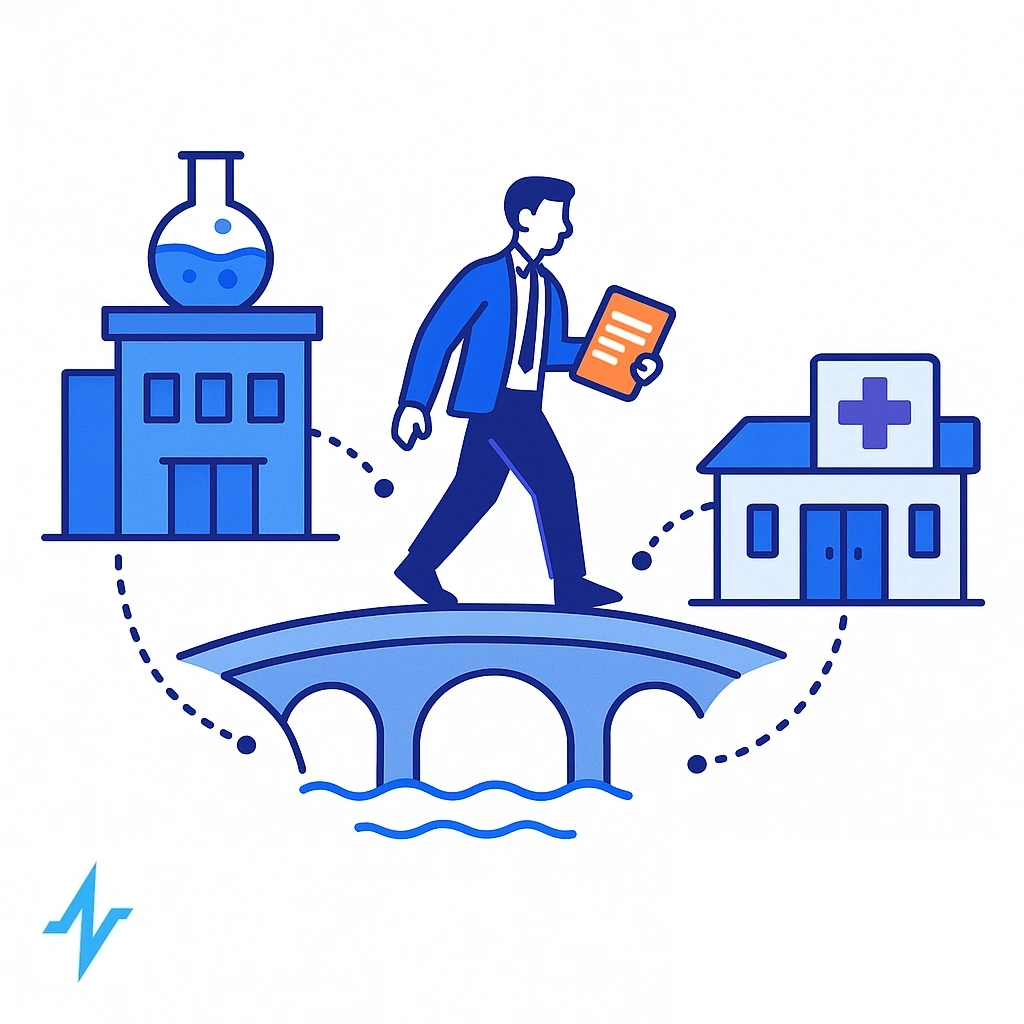
Understanding the Role of a Pharma Sales Representative
Pharmaceutical sales representatives serve as the vital link between drug manufacturers and healthcare providers. They educate doctors on medications and treatment options, conduct product demonstrations, and make sales calls, ensuring healthcare professionals stay informed about the latest pharmaceutical advancements for improved patient care. To do this effectively, pharma sales representatives must have a strong understanding of prescription drugs so they can accurately inform healthcare professionals about the medications they prescribe.

Pharmaceutical sales reps also play a key role in building and maintaining relationships with healthcare providers by providing accurate product information and fostering trust that builds trust.
Successful reps are viewed as reliable resources, offering valuable insights and support.
The rise of digital channels further emphasizes the importance of relationship-building and trust.
The role of pharmaceutical sales representatives is evolving, with reps increasingly supporting healthcare organizations by navigating complex treatment landscapes and providing essential information to improve patient outcomes. This shift highlights the multifaceted responsibilities and value these professionals bring to the healthcare sector.
Key Responsibilities of Pharma Sales Representatives
Pharmaceutical sales representatives have diverse and demanding responsibilities, including:
- Promoting pharmaceutical products by showcasing benefits and addressing healthcare providers’ needs
- Providing product samples to encourage prescriptions
- Staying informed on scientific developments to educate healthcare professionals on the latest advancements
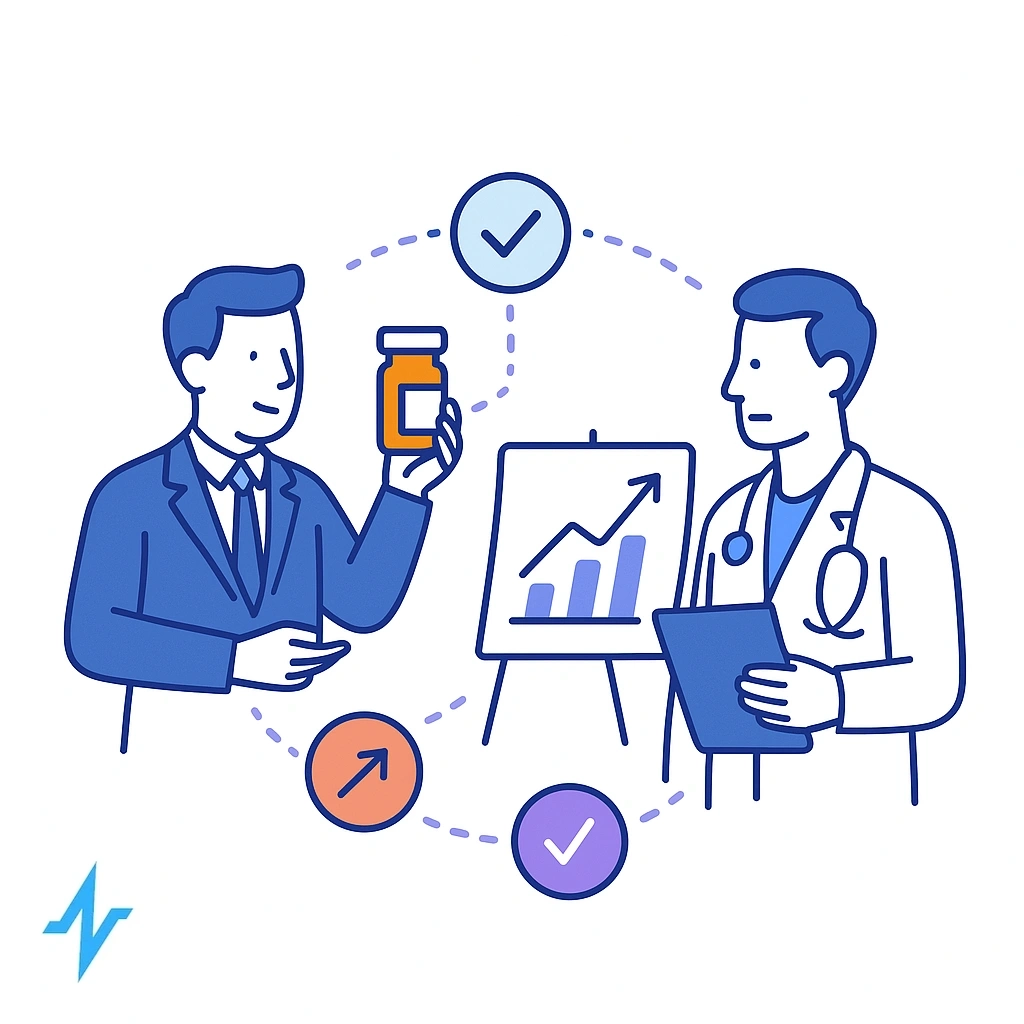
To remain effective in this role, it is essential to stay current with trends and advancements in pharmaceuticals, as the industry is constantly evolving with new products and regulations.
Building and maintaining relationships with healthcare professionals and other healthcare professionals is crucial for a successful pharmaceutical sales career. Excelling in these responsibilities is essential for anyone seeking a pharmaceutical sales job, as strong relationship-building skills and industry knowledge are key to securing and thriving in such positions. Reps engage with medical professionals to persuade them to prescribe their company’s products, requiring an understanding of healthcare providers’ needs and the ability to recommend appropriate solutions. Trust and empathy are key to building trust and influencing prescribing behavior.
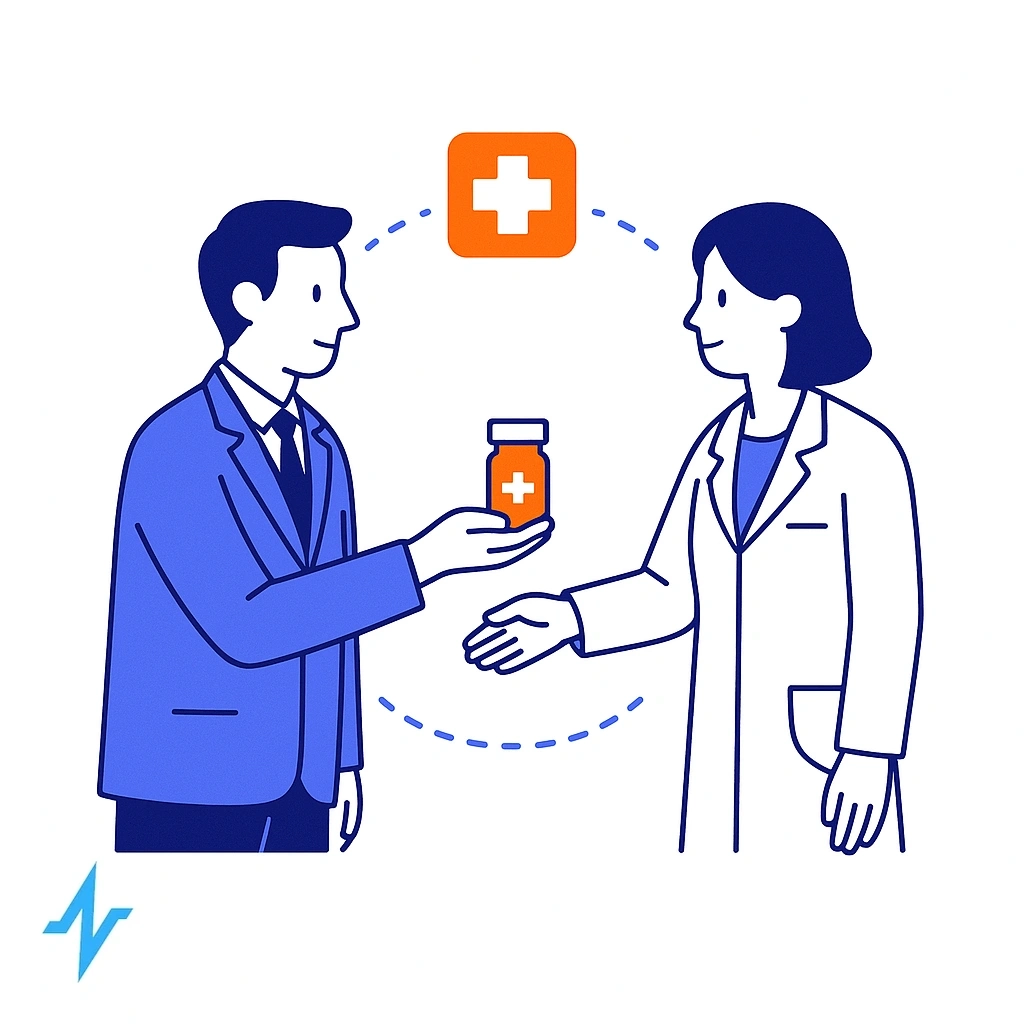
Pharmaceutical sales reps must navigate the complex regulatory landscape of the industry, understanding compliance regulations to avoid legal pitfalls and ensure ethical sales practices.
Pharmaceutical companies increasingly value reps who offer practical solutions and navigate the complexities of the purchasing process. Many pharmaceutical companies focus on patient outcomes and provider needs, making this holistic approach to sales the industry standard. Drug companies also play a significant role in this evolving landscape.
Essential Skills for Successful Pharma Sales Representatives
Pharmaceutical sales reps need a unique blend of skills to excel, including:
- Effective communication and persuasive sales techniques to engage healthcare professionals and convey product benefits
- Strong interpersonal skills
- Resilience
- Self-motivation
- Strategic thinking

Understanding pharmacology is crucial for pharmaceutical sales reps, enabling them to provide accurate information about medications and build a strong understanding of credibility with healthcare providers. Monitoring market conditions and competitor activities helps identify opportunities for sales growth and maintain a competitive edge in medical and pharmacological products and pharmacological products.
Sales training programs increasingly emphasize relationship-building skills. Companies focus on fostering the ability to build and maintain strong customer relationships with healthcare professionals and customers. AI tools enhance customer engagement by enabling personalized interactions based on historical data, fostering better relationships, and driving sales success.
Many of these essential skills are also highly valued in medical sales roles across the healthcare industry.
Steps to Becoming a Pharma Sales Representative
Becoming a pharmaceutical sales representative involves several key steps:
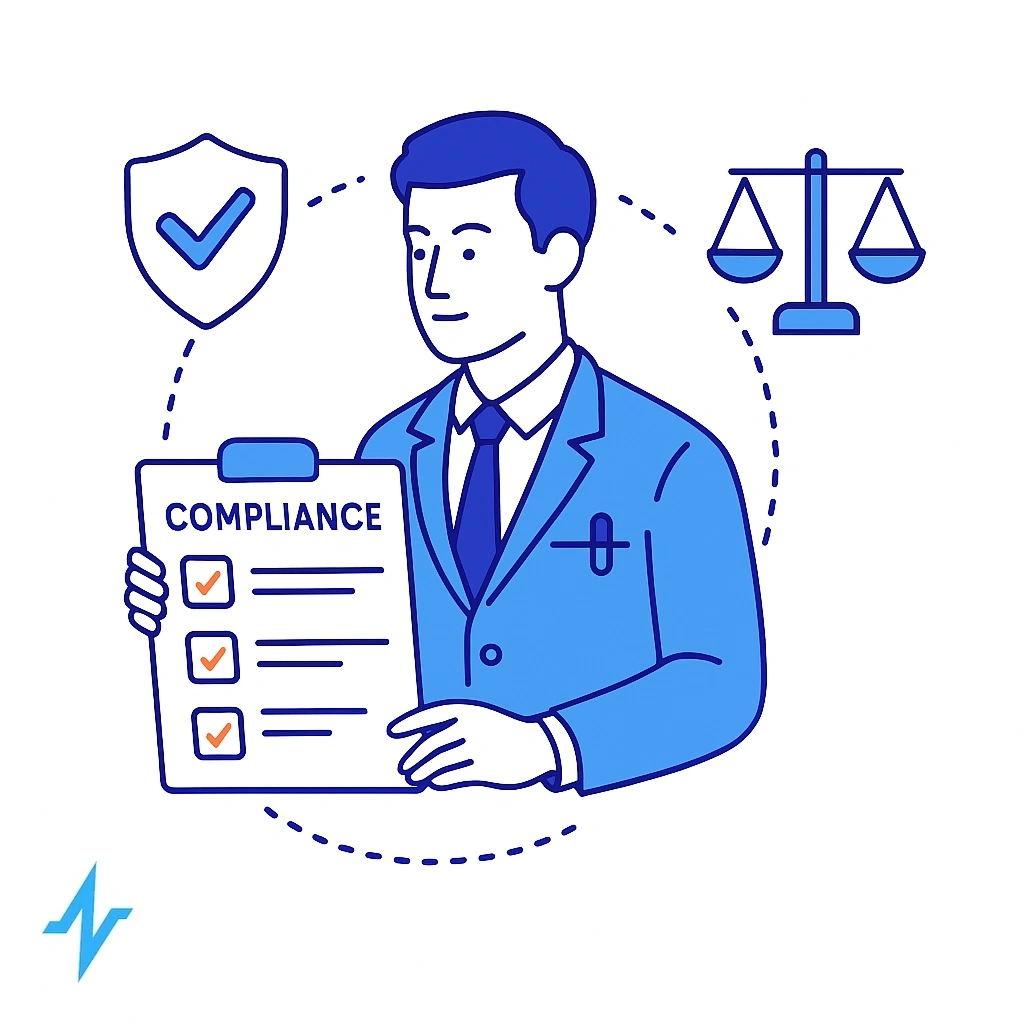
- Educational requirements, often including degrees in biology, chemistry, or related fields, providing a strong scientific foundation.
- On-the-job training.
- Continuous education.
- A valid driver’s license is often required, as representatives frequently travel to meet healthcare providers.
Additionally, a background in sales is beneficial, equipping candidates with essential skills.
Familiarizing oneself with major pharma companies and emerging biotech firms is important when entering pharmaceutical sales. New reps typically receive extensive training from employers, often working under an experienced team member at the company. This combination of formal education and hands-on training prepares individuals for the dynamic and challenging field.
Educational Requirements
A bachelor’s degree in a science-related field is commonly preferred for pharmaceutical sales representatives.
Most candidates have degrees in biology, chemistry, or similar disciplines, providing the necessary scientific background.
Some pursue a master’s degree to improve their prospects, particularly in specialized fields.

Additional training may be required for specialty areas, ensuring reps are well-prepared to handle specific products and treatment options.
On-the-Job Training
On-the-job training is crucial for becoming a successful pharmaceutical sales rep. New hires typically engage in the following activities:

- Attend training sessions, sales meetings, and conferences to stay updated on industry trends and product knowledge.
- Learn from experienced colleagues.
- Gain hands-on experience through job shadowing.
Job shadowing an experienced sales representative provides invaluable insights into daily responsibilities and challenges. This hands-on approach helps new reps develop their sales techniques, build relationships with healthcare professionals, and understand the nuances of the industry.
Certification and Continued Education
Continuing education is crucial for pharmaceutical sales representatives to stay competitive in a fast-evolving healthcare industry. Ongoing education helps reps:
- Stay updated on trends
- Enhance career advancement opportunities
- Earn certifications in marketing and sales, which significantly improve career prospects
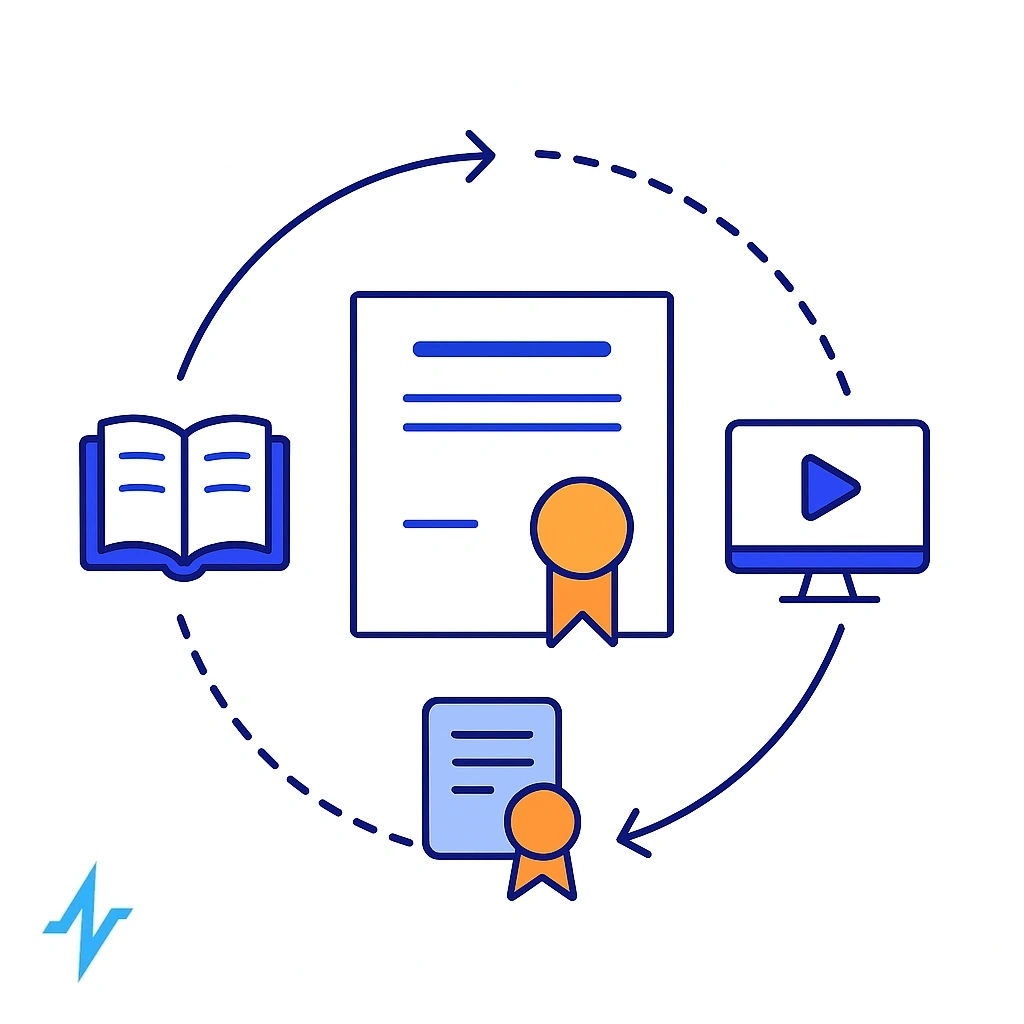
These efforts ensure reps are equipped with the latest knowledge and skills.
Career Path and Opportunities in Pharmaceutical Sales
Pharmaceutical sales representatives enjoy a diverse range of career paths and advancement opportunities within the pharmaceutical sales industry. Many pharmaceutical companies invest heavily in training programs for new sales reps, providing a solid foundation for professional growth. As pharmaceutical sales reps gain experience and demonstrate success in building strong customer relationships with healthcare professionals, they can progress to senior sales roles, such as sales manager or regional sales director, where they oversee teams of sales representatives and develop broader sales strategies.
Beyond direct sales roles, pharmaceutical sales representatives often transition into related areas within the pharmaceutical industry, including marketing, product management, or training and development.
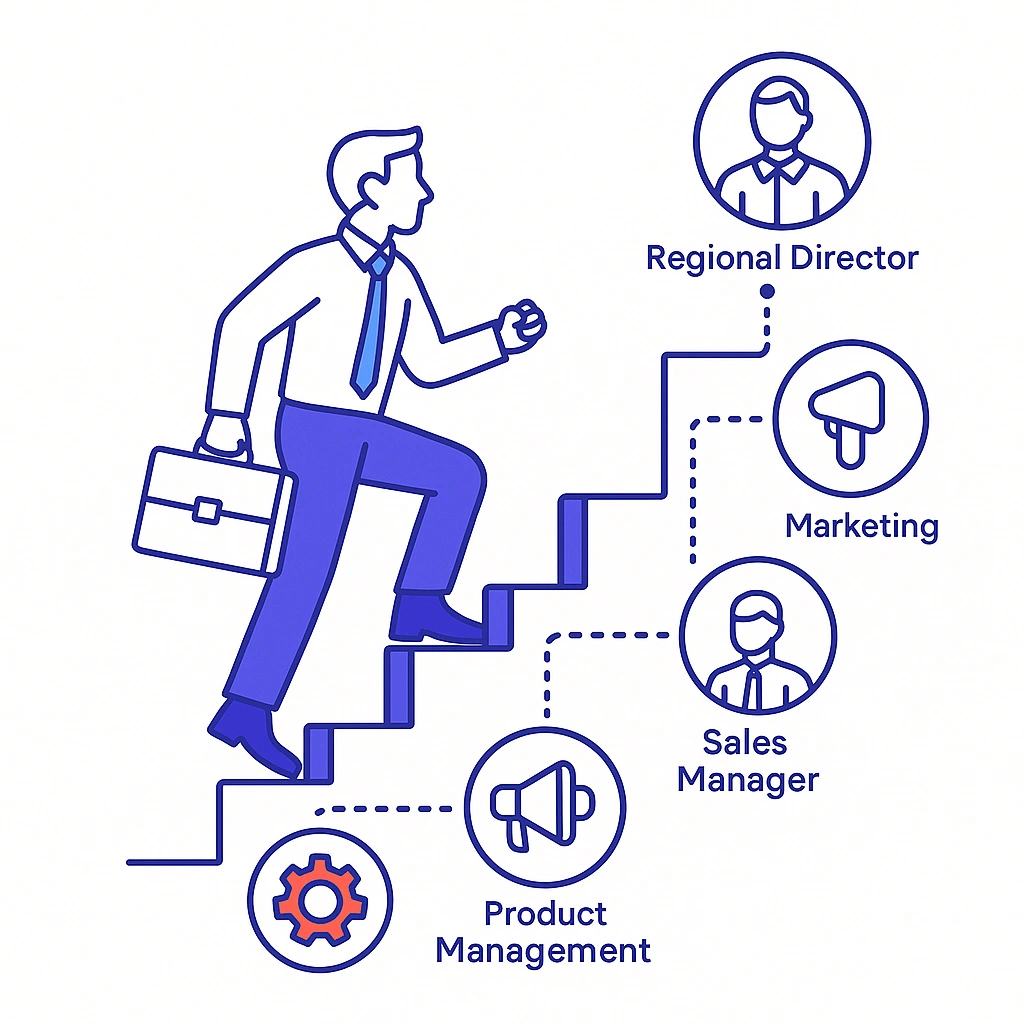
The skills acquired in pharmaceutical sales—such as the ability to effectively communicate complex medical and pharmacological products information, a strong understanding of the healthcare industry, and expertise in customer relationship management—are highly valued and transferable to other sectors, such as medical device sales, biotechnology, or even healthcare consulting.
The pharmaceutical sales industry is constantly evolving, with new drug companies, products, and technologies emerging regularly. This dynamic environment offers sales reps the chance to continually learn and adapt, making it an exciting and challenging career choice.
To thrive, pharmaceutical sales reps must stay informed about the latest industry trends, maintain a genuine interest in the healthcare industry, and be proactive in seeking ongoing education and training. Many pharmaceutical companies support their sales teams with continuous learning opportunities, ensuring that reps remain at the forefront of medical and pharmacological advancements and are well-equipped to build lasting relationships with healthcare providers.
Networking Strategies for Aspiring Pharma Sales Reps
Networking is vital for aspiring pharmaceutical sales reps. Attending conferences, trade shows, and seminars is essential for building a professional network. These events provide opportunities to connect with industry professionals, gain referrals, and stay informed about the latest medical advancements. Networking can also help aspiring reps learn about open positions in the industry.
Scheduling informational interviews with current sales representatives can help aspiring reps grow their network and gain valuable industry insights.
These interviews are especially valuable for those seeking their first job in pharmaceutical sales, as they provide tips and guidance for breaking into the field.
Engaging in LinkedIn groups related to pharmaceutical sales enhances networking opportunities and increases the chances of landing a job in this competitive field.

Proactive networking strategies are essential for anyone looking to succeed in pharmaceutical sales.
Attending Industry Events
Attending industry events is crucial for pharmaceutical sales representatives, as these events can make all the difference in helping reps gain referrals, connect with industry professionals, and stay informed about the latest medical advancements.

Regular attendance at industry conferences and events ensures that sales reps stay up-to-date with the latest trends and innovations in medical conferences in the healthcare industry.
Leveraging LinkedIn and Other Digital Channels
Using LinkedIn and other digital channels is essential for building professional networks and finding job opportunities in pharmaceutical sales. A well-optimized LinkedIn profile increases visibility to potential employers and industry connections.
Engaging in professional forums and industry-specific websites can also be beneficial for networking and staying informed about the latest industry trends in jobs, as shared by industry experts, helping individuals to effectively communicate in business.

The Evolution of Pharma Sales Reps: How Modern Technology (and AI) Revolutionized the Pharma Industry in 2025
By 2025, the role of pharmaceutical sales reps has been significantly transformed by modern technology and AI. AI technologies have turned CRM systems into powerful tools that provide actionable insights tailored to sales interactions. A modern tech stack, including CRM integration and predictive analytics, supports pharmaceutical sales representatives by streamlining workflows and enhancing decision-making. Telemedicine has become a critical channel for pharmaceutical sales, allowing reps to engage healthcare professionals through virtual platforms.
Wearable technology is now integrated into pharmaceutical sales strategies, providing:
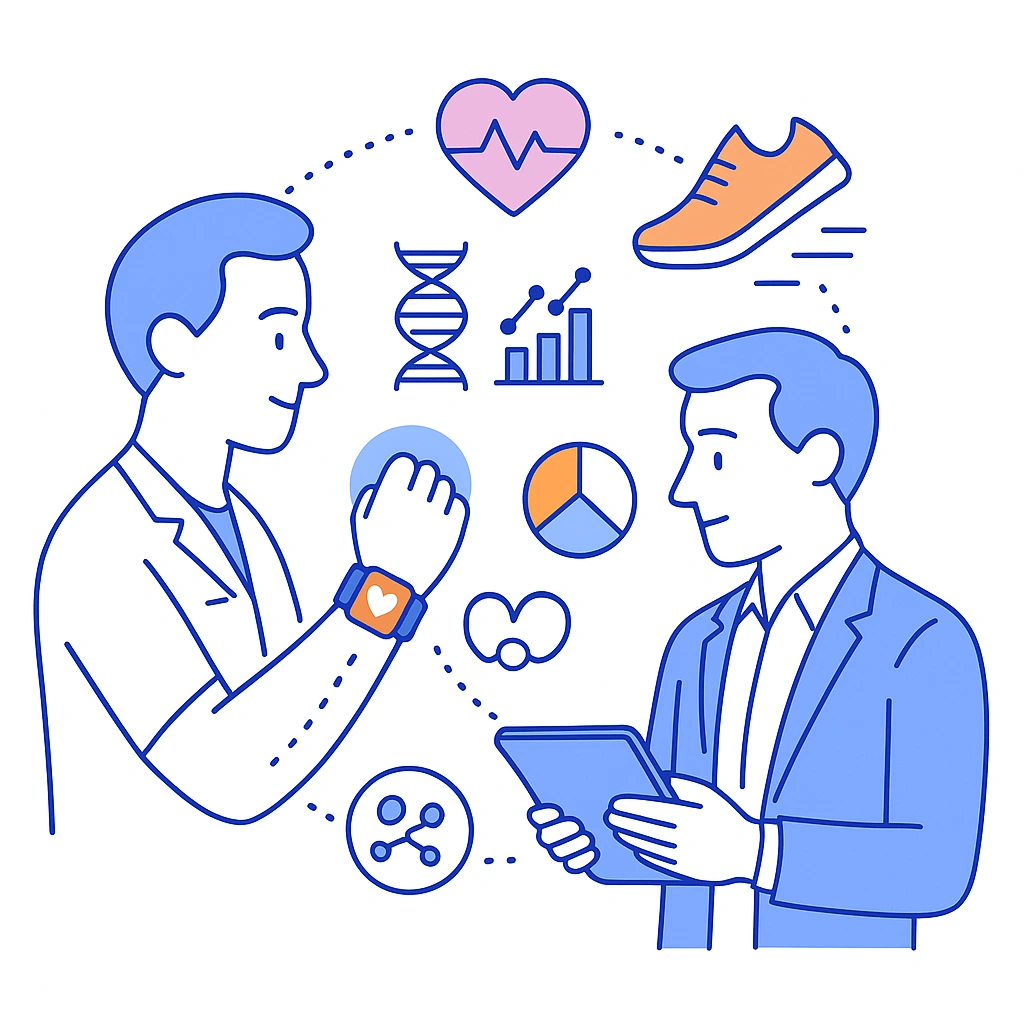
- Real-world data that enhances discussions between sales reps and healthcare professionals.
- Virtual detailing platforms that enable reps to conduct engaging online presentations, replicating the effectiveness of face-to-face interactions.
- Predictive analytics in sales forecasting that helps reps target healthcare professionals more effectively by analyzing historical data. These tools automate routine tasks and deliver targeted insights, allowing reps to focus on high-value interactions.
Utilizing Technology in Pharmaceutical Sales
Technology has become a cornerstone of pharmaceutical sales. AI tools automate routine tasks, update systems, schedule appointments, and answer basic questions, allowing sales reps to focus on building relationships with healthcare professionals. Machine learning, natural language processing, and advanced analytics are integrated into sales strategies to improve efficiency and effectiveness.
Digital assistants handle routine tasks, enabling reps to dedicate more time to engaging with healthcare professionals.
Tools like Badger Maps assist reps with effective route planning, optimizing sales visits, and enhancing productivity. For example, these tools can significantly improve efficiency.

Pulse Data Access provides invaluable data for targeted sales strategies, supporting reps in their outreach efforts.
AI-Driven Insights and Analytics
AI-driven insights and analytics have revolutionized the pharmaceutical sales industry. AI transforms raw data into strategic intelligence, enhancing decision-making for sales reps. Predictive analytics help pharmaceutical companies forecast market trends and patient needs accurately.
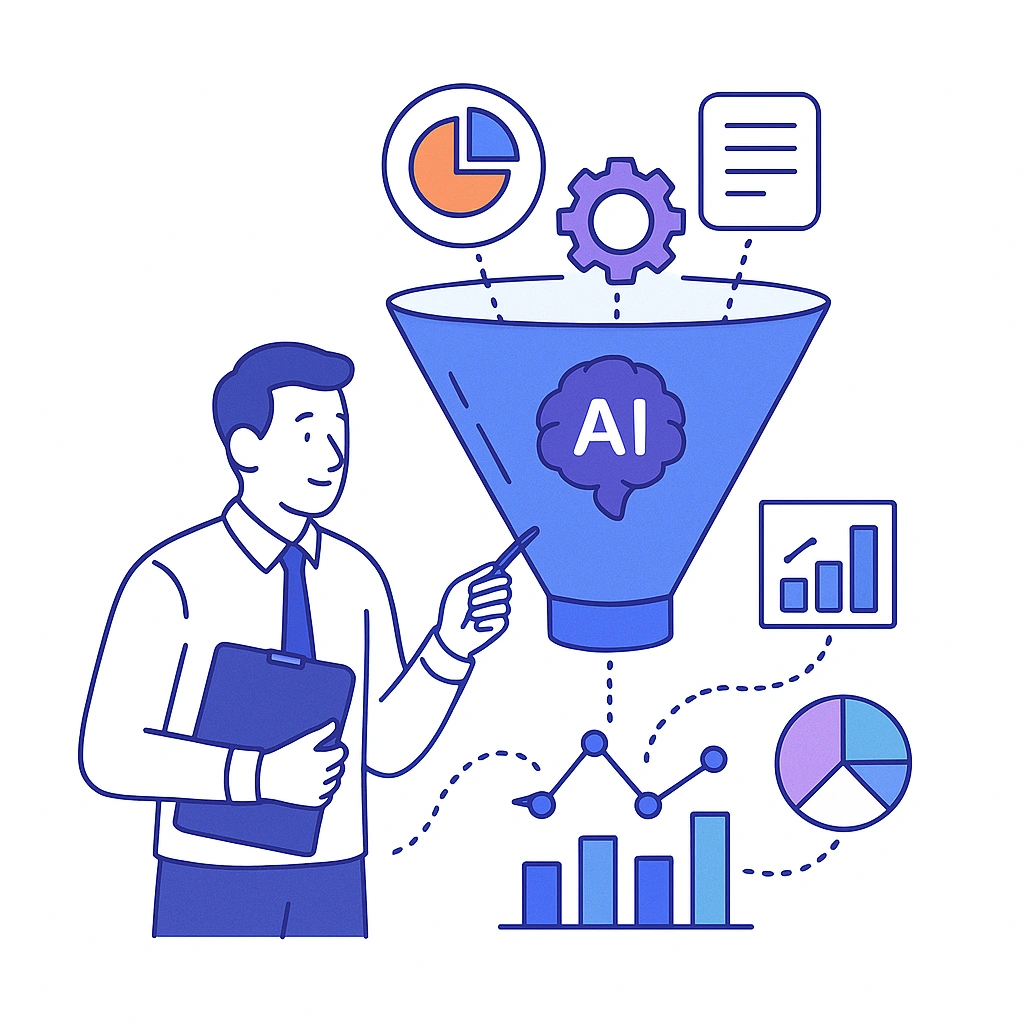
AI tools assist in customer engagement by analyzing customer behavior interaction patterns and creating personalized engagement pitches, improving outreach effectiveness.
CRM Tools for Better Relationship Management
CRM tools enhanced with AI are indispensable for effective customer relationship management in pharmaceutical sales. These systems track, analyze, and improve customer interactions, helping sales reps build and maintain strong relationships with healthcare professionals.
AI analyzes data to create optimized sales territories based on market conditions and local health needs, allowing reps to focus on high-potential areas.
The best tools like Badger Maps have proven to increase sales and save reps valuable time during the sale, enhancing territory management.
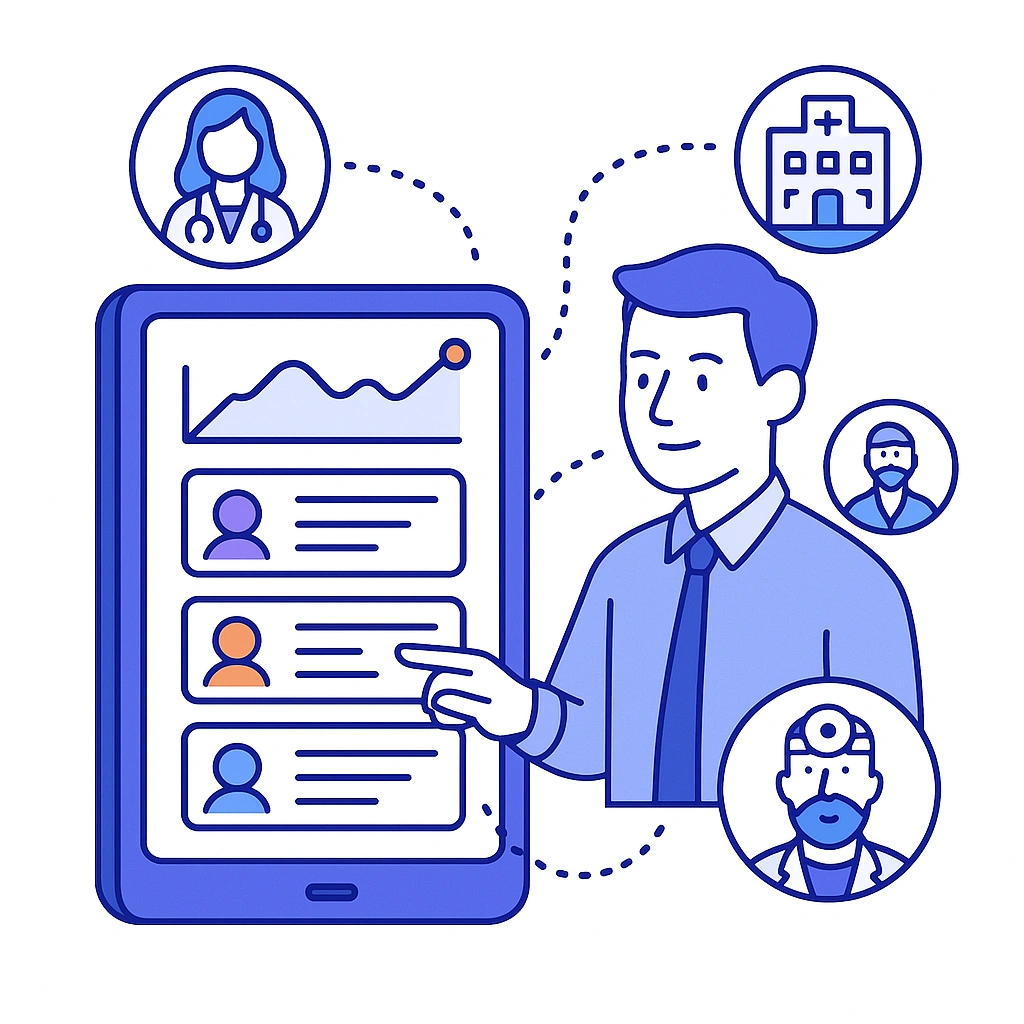
Challenges Facing Pharma Sales Representatives
Pharmaceutical sales representatives face a unique set of challenges in their daily work. One of the most significant is the need to stay up-to-date with the latest industry trends, medical terminology, and developments in pharmacological products. The pharmaceutical sales industry is fast-paced, with new products, regulations, and market trends emerging regularly. Sales reps must be proactive in seeking out training, attending medical conferences, and participating in networking events to ensure their knowledge remains current and relevant.

Building trust with healthcare professionals and other healthcare providers is another core challenge.
Pharmaceutical sales reps must be able to effectively communicate complex information about pharmaceutical products in a clear and concise manner, both in person and through digital channels.
This requires not only a strong understanding of the products and the healthcare ecosystem but also excellent interpersonal skills, emotional intelligence, and the ability to adapt to different customer behaviors and preferences.
Managing sales territories and customer relationships independently demands a high level of self-motivation and organizational skills. Sales representatives are often responsible for identifying new leads, nurturing existing customer relationships, and navigating the complexities of hospitals, clinics, and other healthcare settings. Leveraging customer relationship management (CRM) systems and other digital tools is essential for tracking customer interactions, optimizing sales strategies, and ensuring that no opportunity is missed.
To overcome these challenges, pharmaceutical sales representatives must commit to continuous education and professional development.
By staying engaged with the latest industry trends, building strong relationships with healthcare professionals, and utilizing the best tools and technologies available, sales reps can successfully navigate the complexities of the healthcare industry and achieve long-term success in their pharmaceutical sales careers.
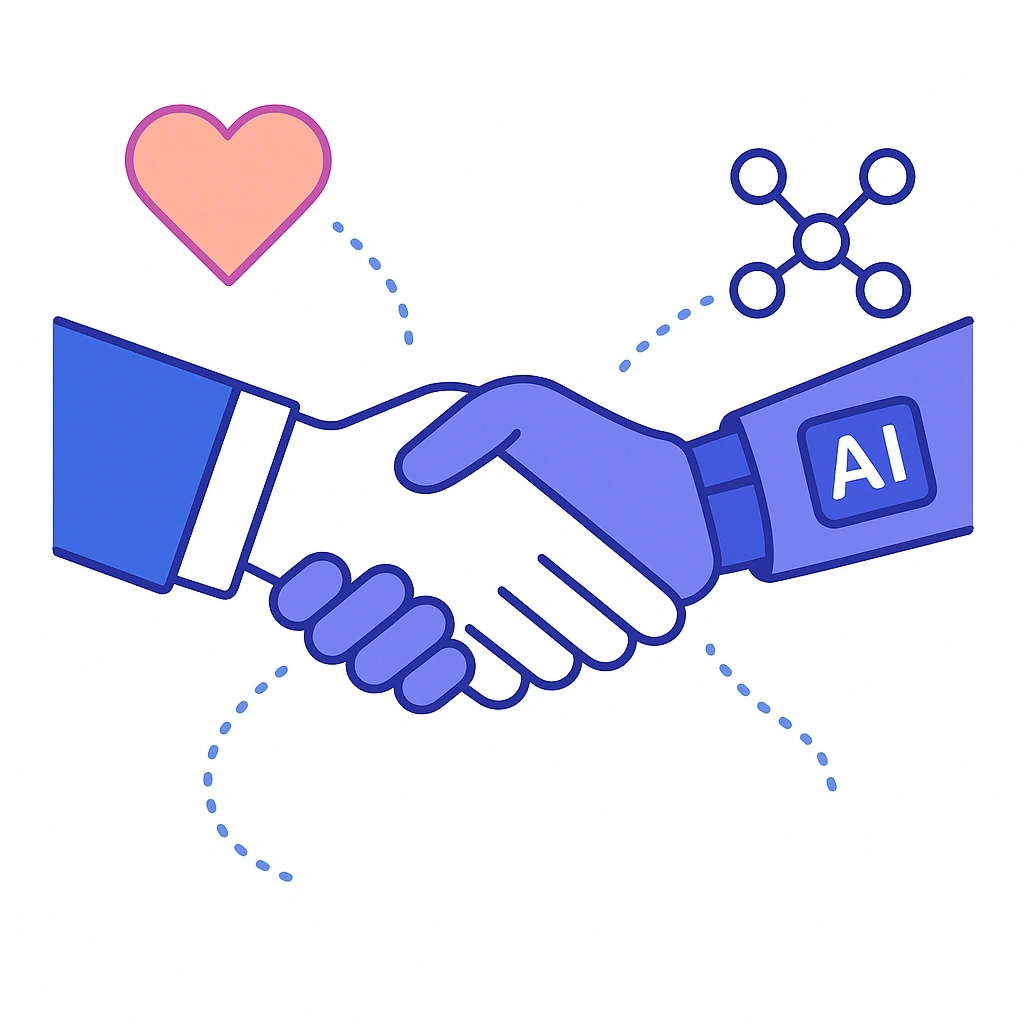
The Future of Pharmaceutical Sales Representatives
The future of pharmaceutical sales representatives is both exciting and challenging. As technology advances, the role of human reps remains crucial in fostering trust and rapport with healthcare professionals. While AI and digital tools enhance efficiency, the human touch is irreplaceable in building meaningful relationships and providing nuanced insights technology alone cannot achieve.
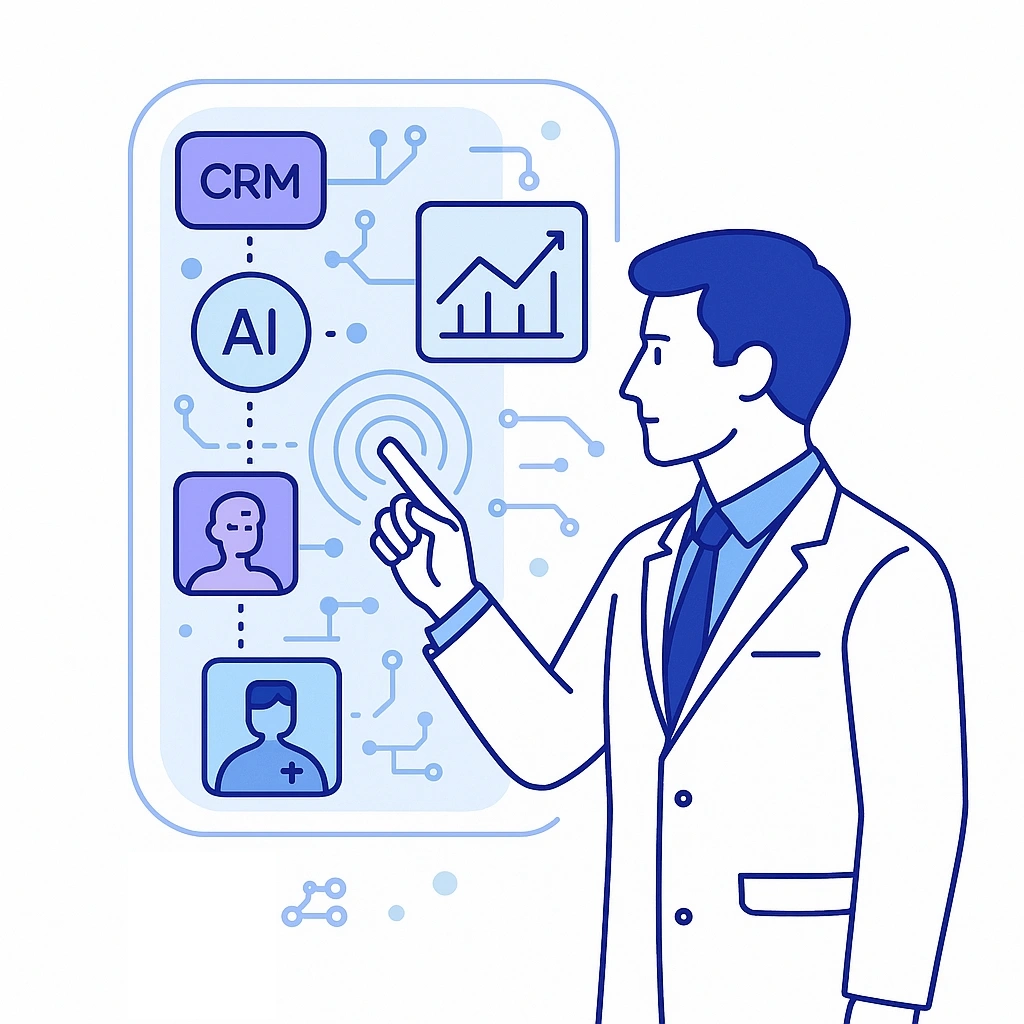
Pharmaceutical events and conferences will continue to play a vital role in the pharmaceutical industry, offering opportunities for learning, networking, and collaboration.
The ability to adapt to new technologies while maintaining strong interpersonal skills will define the success of future pharmaceutical sales reps.
How the Pulse Engagement Cloud Can Level Up Your Pharma Sales Game
The Pulse Engagement Cloud is a game-changer for pharmaceutical sales representatives, offering tools designed to:
- Enhance engagement and streamline workflows.
- Enable life sciences teams to create and manage highly personalized campaigns across various channels, ensuring consistent messaging.
- Provide real-time analytics that offer immediate insights into campaign performance.
- Allow teams to adapt strategies swiftly and effectively based on analytics.
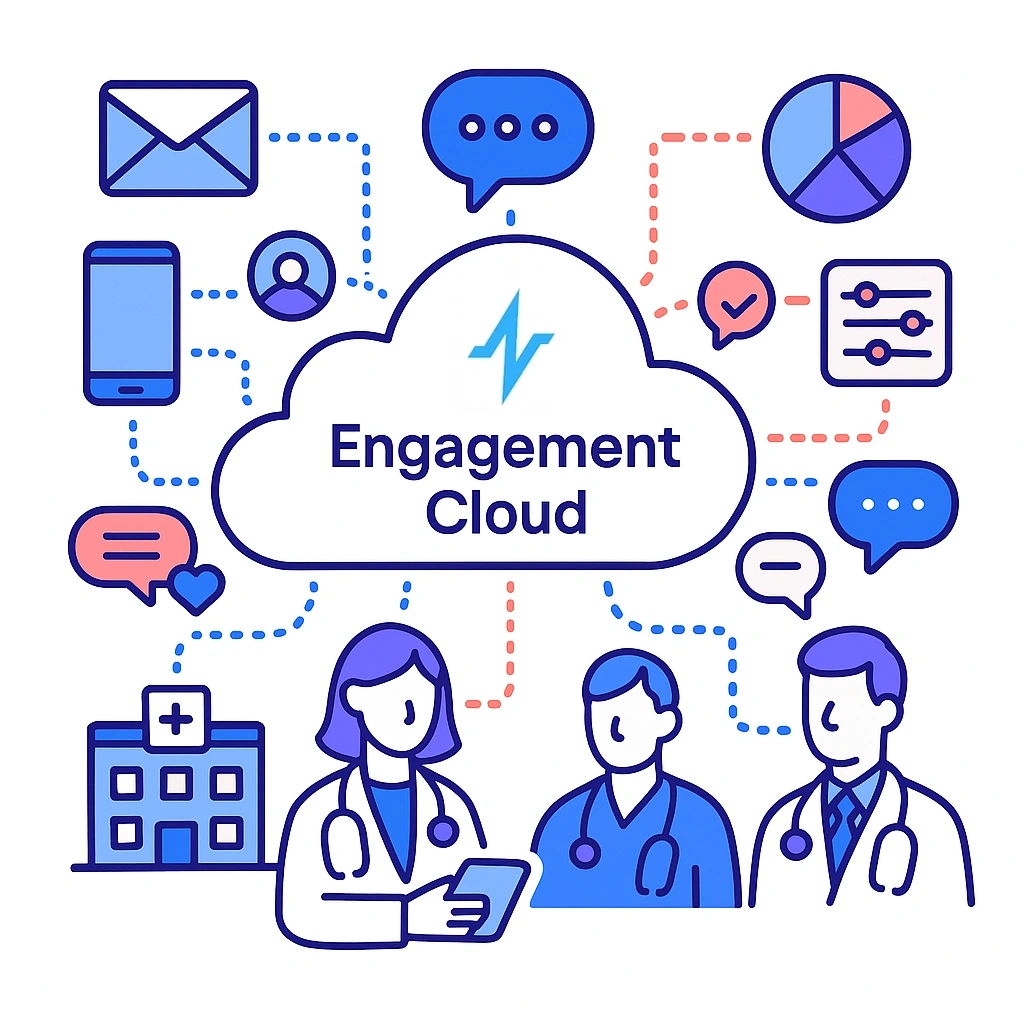
Advanced segmentation capabilities help identify and target specific healthcare professionals based on their prescribing behavior, optimizing outreach efforts. The platform’s seamless integration with other systems enhances data flow and operational efficiency, making it an invaluable resource for pharmaceutical sales teams.
Automated workflows within the Pulse Engagement Cloud free up reps to focus on building relationships with healthcare professionals, driving sales success.
Get Started with Pulse Health Today
Ready to elevate your pharmaceutical sales strategy? Pulse Health provides tailored tools to enhance outreach efficiency and strengthen relationships with healthcare professionals.
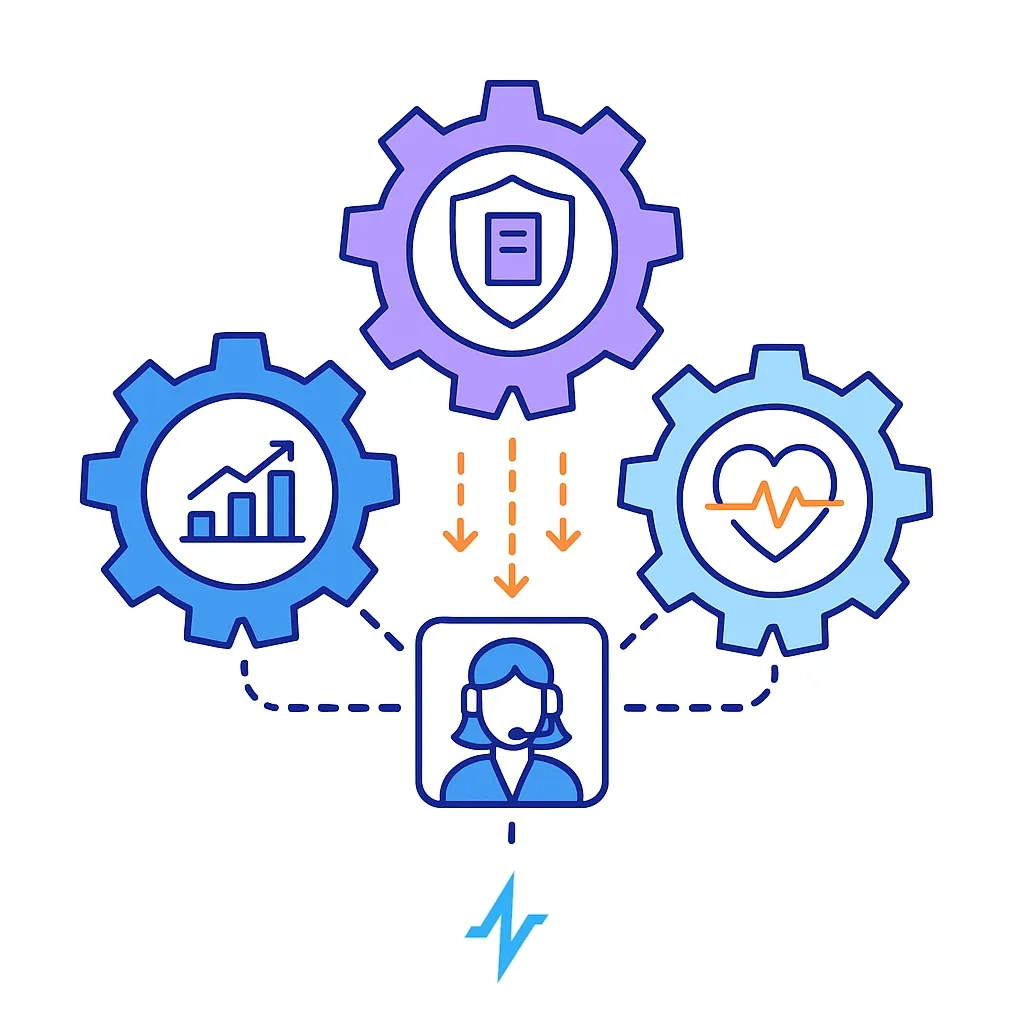
The Pulse Engagement Cloud allows life sciences teams to create and automate highly personalized omnichannel campaigns using various communication methods.
With access to over one million healthcare professionals and more than thirty million opt-in patients, Pulse Data Access ensures your outreach efforts are built on a strong foundation of accurate and comprehensive data.
Start optimizing your engagement strategies and resource allocation today with Pulse Health.
The role of pharmaceutical sales representatives is evolving rapidly, driven by advancements in technology and changing healthcare landscapes. These professionals are essential in bridging the gap between pharmaceutical companies and healthcare providers, offering valuable insights and fostering trust. By understanding the key responsibilities, essential skills, and the impact of modern technology, aspiring and current sales reps can navigate this dynamic field with confidence. Tools like the Pulse Engagement Cloud further enhance their capabilities, ensuring they stay ahead in an increasingly competitive industry.
Frequently Asked Questions
What educational background is typically required for a pharmaceutical sales rep?
A bachelor’s degree in a science-related field, like biology or chemistry, is typically required for a pharmaceutical sales representative, with some opting for a master’s degree for better opportunities. This educational foundation is crucial for understanding the products they sell.
How important is networking for aspiring pharmaceutical sales representatives?
Networking is essential for aspiring pharmaceutical sales representatives, as it enhances job prospects and professional growth through industry events, informational interviews, and platforms like LinkedIn. Engaging with professionals in the field can open doors and provide valuable insights.
How has technology, particularly AI, transformed the role of pharmaceutical sales reps?
Technology, especially AI, has transformed pharmaceutical sales reps by providing data-driven insights that enhance customer engagement and sales strategies. This evolution enables reps to operate more effectively and target their efforts with precision.
What are some key responsibilities of pharmaceutical sales representatives?
Pharmaceutical sales representatives are tasked with promoting products, providing samples, educating healthcare professionals, and maintaining relationships with medical providers, while ensuring compliance with regulations. Staying updated on scientific advancements is also a crucial part of their role.
How can the Pulse Engagement Cloud benefit pharmaceutical sales teams?
The Pulse Engagement Cloud significantly benefits pharmaceutical sales teams by enabling personalized campaigns and providing real-time analytics, which streamline workflows and enhance relationship-building efforts. This results in improved sales strategies and driving overall sales success.
